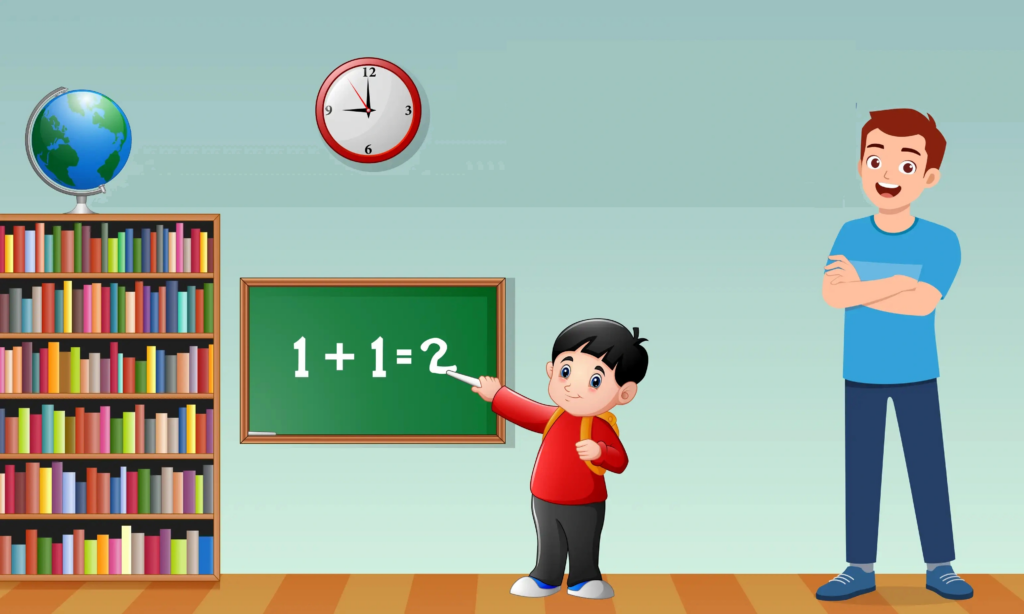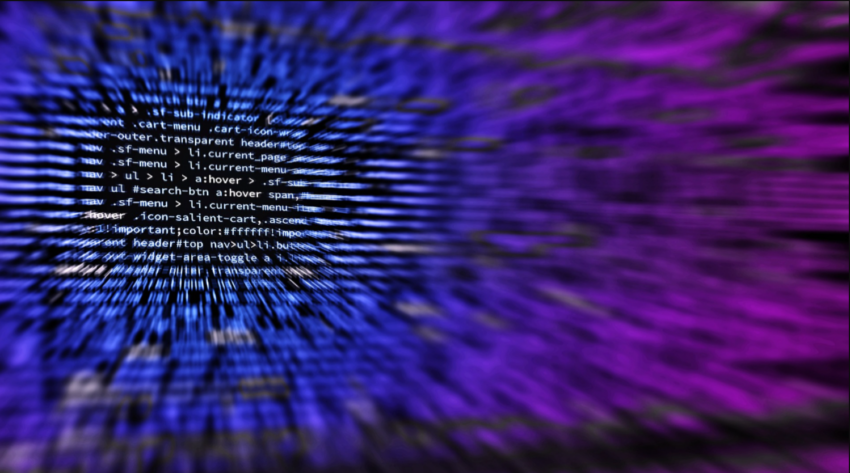Coding allows students to develop problem-solving skills because they must analyze and debug code in order to construct a successful program. In addition, coding encourages students to think critically and logically because it requires them to break down problems into smaller, more manageable pieces and devise algorithms to solve them.
This procedure can help students develop their analytical and decision-making skills. Coding can also aid in the development of student’s ability to think objectively, as it requires them to take an objective perspective on the problem at hand. Students can develop the ability to make well-informed judgments by learning how to deconstruct problems and develop algorithms.
Coding teaches students a structured method of thinking, problem-solving, and logic that can be applied to a variety of situations in life. It encourages students to develop critical thinking and analytical abilities.
Students are able to share their ideas and collaborate with others to create projects, thereby enhancing their communication and collaboration skills. Coding can help students develop a sense of comprehension by enabling them to investigate the inner workings of a problem or concept.

By understanding a program’s underlying structure, students can gain a greater understanding of how the program operates and then apply this knowledge to solve problems in their daily lives.
Help students to think creatively.
Coding can aid in the development of students’ creativity by allowing them to think critically and solve problems. It encourages them to investigate novel concepts and create inventive solutions. Students acquire the ability to create their own projects and express themselves in novel and creative ways by learning to code.

In addition, coding can assist students in developing problem-solving skills that can be applied to real-world scenarios. This can help them become more creative and flexible thinkers, enabling them to think outside the box and come up with innovative solutions to challenging problems.
Promotes logical reasoning
Coding requires logical reasoning in order to identify and solve problems in a systematic manner. This involves decomposing the problem into its constituent parts and identifying a workable solution.
In addition, a solid understanding of the programming language, data structures, algorithms, debugging strategies, and testing techniques is essential. Thinking logically is necessary for writing code that is not only efficient but also well-structured.
Coding facilitates logical reasoning by providing programmers with a logical structure for completing tasks. Coders are able to break down complex problems into more manageable components by implementing a step-by-step system.

This enables them to approach problems more systematically and logically, resulting in more effective solutions. Through this process, programmers are able to improve their logical reasoning and become better equipped to solve complex problems.
To summarize
Coding can help students make better decisions by teaching them problem-solving and logical reasoning fundamentals. Coding enhances analytical abilities, which can help students comprehend the repercussions of their decisions. It teaches students to approach problems with greater creativity and strategic thought.
In addition, coding teaches students how to simplify complex problems, making it easier for them to comprehend and evaluate potential solutions. Coding can help students make more informed decisions by teaching them the problem-solving skills necessary for success.

